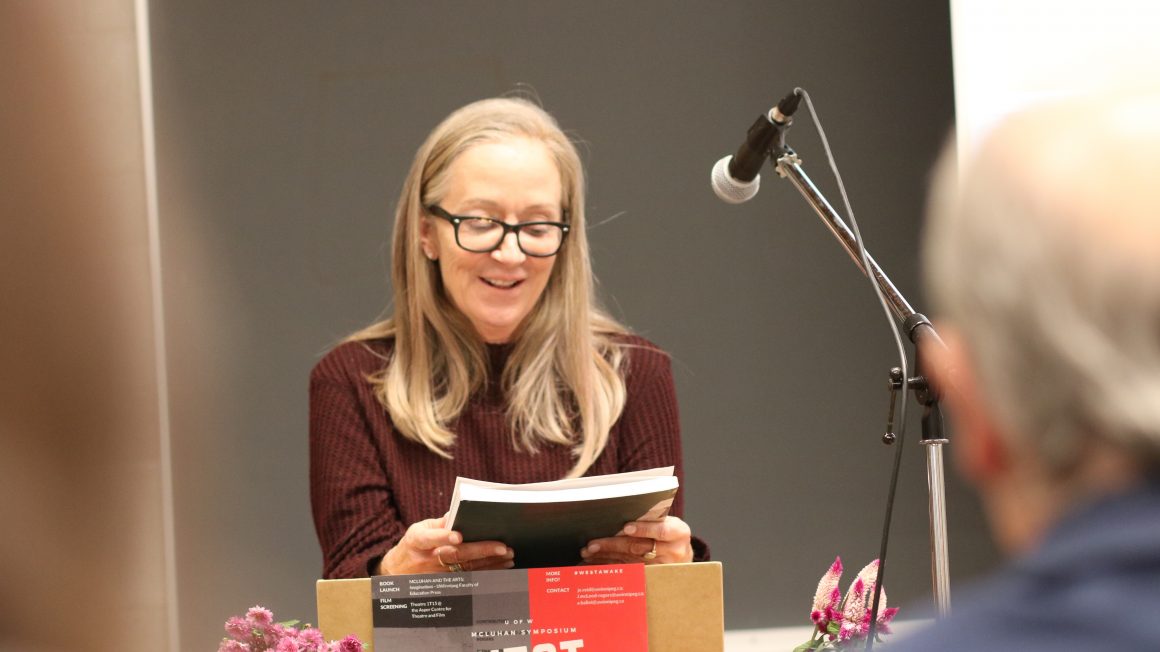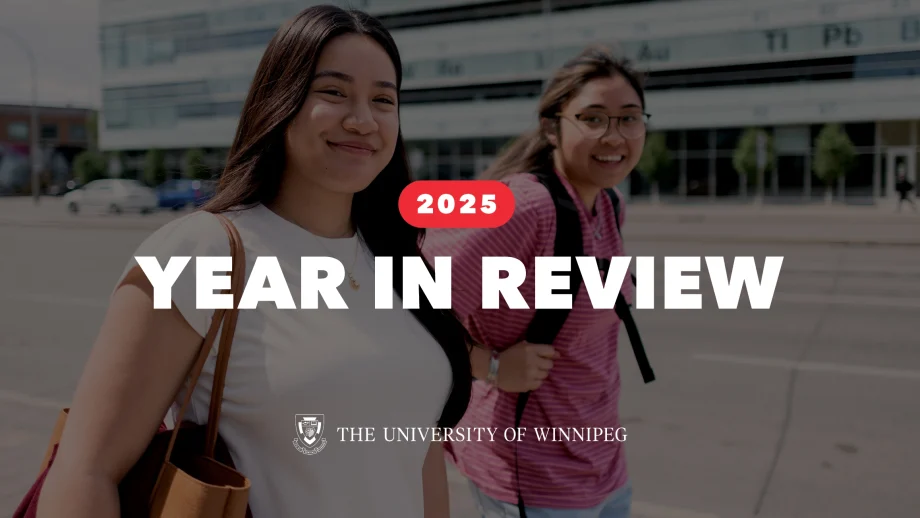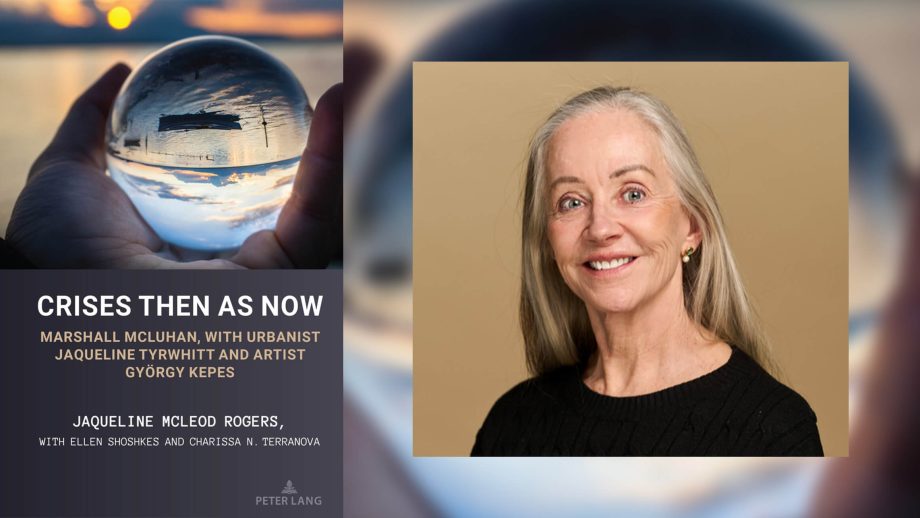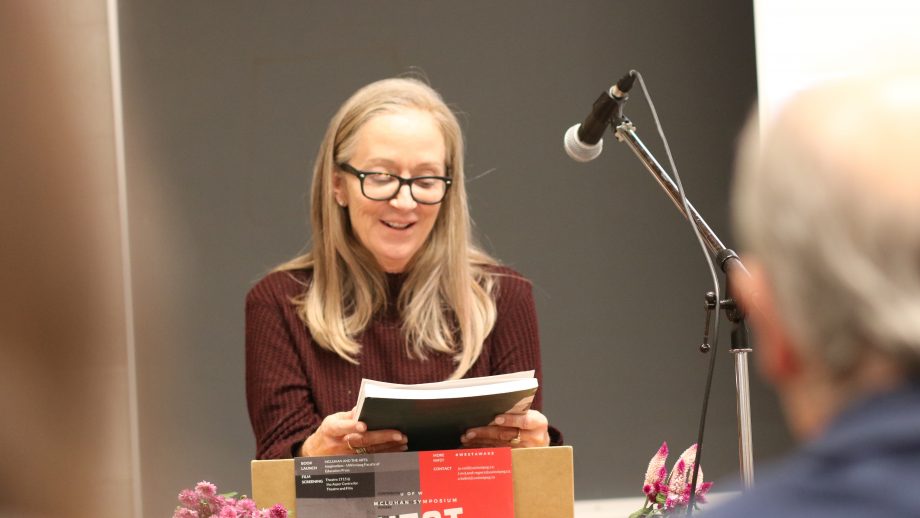UWinnipeg’s Dr. Jaqueline McLeod Rogers has published an article in The Conversation, Why we must embrace geoengineering and other technologies to stop the climate crisis, which builds on her recent book, Techno-Sensorium City: Coming to Ours Senses in a Programmed Environment (Lexington 2021). Her book explores arguments of Canadian communications expert Marshall McLuhan favouring deliberate applications of design and technology to save and shape a hospitable planet.
Her article in The Conversation – which was also picked up by the National Post – draws on McLuhan to historicize arguments for geoengineering climate-crisis solutions. In it, she refers to more recent cultural and design theorists who similarly call for public support for geo-engineering projects to acknowledge this route is not one most of us hoped to take, yet it is one we are already on and need to secure.
McLeod Rogers is a professor, Chair for the Department of Rhetoric, Writing and Communications, and feminist scholar with a long-term commitment to developing and promoting writing- and language-based education courses responsive to issues of culture and place. She teaches Composing Winnipeg: Rhetorics of/and the City, which deals with place-making practices, diversity, mobilities, and the tenacity of a localized “sense of place” that thrives even as it adjusts to the global flow of people and things.
Her central research interest in urban rhetorics aims at developing the language of networked and multiple relationships – revealing the writing self in social and material contexts, amidst a spinning web of relational ties. Much of her research is collaborative, such as studies that take up questions about how digital media affects our scholarly and cultural practices. McLeod Rogers is currently co-editing a collection of essays that examine technologies in domestic space, Mothering/Internet/Kids. She has published several other volumes exploring McLuhan and contemporary communication theory and practice.





